Traditional SEO strategies that once focused solely on optimizing for Google are no longer enough to capture audience attention. This is where the concept of “search everywhere optimization” comes in. It is a modern approach to search engine optimization that emphasizes visibility across multiple platforms where people are actively searching for content. In this article, we’ll explore what search everywhere optimization is, how SEO is changing, and the platforms you should focus on.
What Is Search Everywhere Optimization?
Search everywhere optimization is the idea of optimizing content and profiles for visibility across various search platforms, not just traditional search engines like Google or Bing. It recognizes that search behaviors have diversified, with users turning to social media, video platforms, and even AI platforms to find what they need. This holistic approach ensures your brand is discoverable wherever your audience is searching, whether it’s on YouTube, TikTok, LinkedIn, or within tools like ChatGPT. The goal is to create a consistent and impactful presence across all relevant platforms, aligning your strategy with how users navigate the internet today.
How SEO Is Changing
For years, SEO revolved around ranking on the first page of Google. While this remains a vital component of digital marketing, the way people search has evolved. Here’s how:
- Platform Fragmentation: Users no longer rely solely on search engines for information. They may search YouTube for tutorials, TikTok for trends, or LinkedIn for professional insights. This shift requires businesses to extend their SEO efforts to these platforms.
- Rise of AI and Conversational Search: AI-powered tools like ChatGPT and voice assistants have introduced a new layer of search behavior. These platforms rely on different algorithms and context-based responses, requiring optimization tailored to natural language queries.
- Preference for Visual and Interactive Content: Video and interactive content are dominating user preferences. Platforms like YouTube, Instagram, and TikTok are not just social media—they’re search engines in their own right, with users actively seeking content rather than passively scrolling.
- Evolving Algorithms: Algorithms are smarter and more complex, prioritizing user intent and experience over keyword stuffing or backlinks. This evolution emphasizes the importance of high-quality, contextually relevant content.
As SEO adapts to these changes, adopting a search everywhere optimization mindset is essential to remain competitive.
Platforms You Need to Optimize For (That is NOT Google!)
Now that you know the basics of search everywhere optimization, let’s go over the platforms you should be optimizing for.
1. YouTube
Since early 2024, YouTube videos have been appearing on search engine results pages. At the time of this article being written, there are over 820 million queries that videos rank for in the United States alone. Combine that with over 3 billion monthly searches within the YouTube platform itself, it’s easy to see why companies should leverage YouTube as a part of their SEO strategy.
 Businesses increasingly use YouTube to find tutorials, product demonstrations, and thought leadership videos tailored to their needs. By optimizing your presence on YouTube, you can tap into this demand and build authority in your industry. For example, if your business offers marketing automation software, you can create videos showcasing how to integrate your tool with other platforms, highlighting key features, or demonstrating time-saving hacks. Use clear, keyword-rich titles like “How to Streamline Your Marketing Campaigns with [Software Name]”. Pair these with detailed descriptions and tags to improve discoverability.
Businesses increasingly use YouTube to find tutorials, product demonstrations, and thought leadership videos tailored to their needs. By optimizing your presence on YouTube, you can tap into this demand and build authority in your industry. For example, if your business offers marketing automation software, you can create videos showcasing how to integrate your tool with other platforms, highlighting key features, or demonstrating time-saving hacks. Use clear, keyword-rich titles like “How to Streamline Your Marketing Campaigns with [Software Name]”. Pair these with detailed descriptions and tags to improve discoverability.
2. TikTok
While TikTok is often associated with consumer brands, it’s becoming a valuable platform for B2B companies to share quick, engaging content. Short videos addressing common industry pain points or offering tips can reach a professional audience that uses TikTok to discover new trends and ideas. For instance, a B2B SaaS company might create a 15-second video titled “3 CRM Features You Didn’t Know You Needed” and use hashtags like #B2BMarketing or #SmallBusinessTips. Visuals demonstrating a feature’s impact, paired with concise captions, can grab attention while keeping the focus on your solution.
3. ChatGPT and AI Search Tools
With 1.5 million daily searches, creating content that appears on ChatGPT and other AI search tools is crucial. Many B2B professionals now rely on these tools to generate ideas, research solutions, or compare products. To stay relevant, your content must be AI-friendly. For example, if a user asks ChatGPT, “What are the best CRM platforms for startups?” ensure your website content includes straightforward, question-driven language like “Why [Your CRM] is the Best Choice for Startups.” AI tools prioritize content that directly addresses queries and provides structured answers. Focus on creating FAQs, in-depth guides, and comparison articles. Structuring your site with schema markup also helps AI platforms extract and present your information effectively. The goal is to ensure AI tools surface your brand when professionals seek solutions in your niche.
4. LinkedIn
LinkedIn serves as both a social network and a search engine for professionals. Decision-makers actively search LinkedIn for industry insights, potential partners, and vendor recommendations. To optimize for LinkedIn, craft keyword-rich profiles for your company and key team members. For instance, if your business provides IT consulting, include phrases like “IT Solutions for Enterprise Growth” in your descriptions. Consistently publish articles or posts addressing industry challenges, such as “5 Ways to Optimize IT Infrastructure for Scalability.” Engage your audience by starting discussions in LinkedIn Groups relevant to your field, such as “Marketing Technology Innovators” or “Enterprise IT Solutions.” LinkedIn also prioritizes video content, so consider sharing webinar highlights or customer testimonials to showcase your expertise.
5. Pinterest
Pinterest may seem unconventional for B2B, but it’s a growing platform for professionals seeking inspiration. Infographics, design templates, and data visualizations perform particularly well, making them ideal for industries like marketing, architecture, and consulting. For example, a marketing agency could create a pin titled “10 Social Media Post Ideas for B2B Brands” featuring an eye-catching infographic. Link the pin to a detailed blog post or downloadable resource to drive traffic to your website. Use keywords in your pin descriptions and organize your boards by themes like “B2B Marketing Strategies” or “Cybersecurity Solutions.” This makes your content easier to find for professionals browsing Pinterest for specific ideas.
6. Voice Search Platforms
With the growing adoption of voice assistants like Siri, Alexa, and Google Assistant, optimizing for voice search has become essential. Professionals increasingly use these tools to perform quick searches, like “Top cybersecurity tips for companies.”. To optimize for voice search, create conversational content that answers specific questions directly. Focus on long-tail keywords and natural language phrasing. In addition, structured data markups can help search engines better understand and deliver your content when users ask for specific insights.
7. Reddit
Since Google announced its plans to expand its partnership with Reddit in 2024, Reddit questions and answers appear frequently on search engine results pages. As you can see in the chart below, Reddit currently ranks for almost 220 million keywords in the United States. And, with 26.4 million Americans using Reddit every month, searching within the platform, it’s easy to see why marketers are including Reddit in their SEO strategy.
 Reddit is a unique platform for B2B companies because it allows direct engagement with professionals in highly targeted communities. Subreddits like r/marketing or r/smallbusiness are frequented by decision-makers seeking advice, tools, and honest feedback. Avoid being overly promotional; Redditors value transparency and genuine contributions. When done correctly, participating in Reddit communities can establish your brand as a trusted expert while driving qualified traffic to your website.
Reddit is a unique platform for B2B companies because it allows direct engagement with professionals in highly targeted communities. Subreddits like r/marketing or r/smallbusiness are frequented by decision-makers seeking advice, tools, and honest feedback. Avoid being overly promotional; Redditors value transparency and genuine contributions. When done correctly, participating in Reddit communities can establish your brand as a trusted expert while driving qualified traffic to your website.
 Why These Platforms Matter for B2B Companies
Why These Platforms Matter for B2B Companies
Search everywhere optimization isn’t just about casting a wide net, it’s about meeting your audience where they are. Decision-makers, procurement teams, and professionals search for insights, solutions, and trusted vendors across multiple platforms, not just Google. By expanding your optimization strategy to these channels, you ensure that your business remains discoverable at every stage of the buyer’s journey. Whether your audience is searching Reddit for candid reviews, browsing LinkedIn for professional insights, or exploring specialized forums for advice, your presence can make the difference between gaining a lead and losing one to a competitor.



